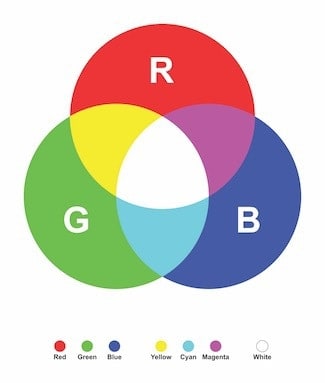More Sleep for Parents
Mothers are encouraged to exclusively breastfeed their infants for the first six months, but a new study suggests that starting solid food as early as three months can have sleep benefits.

More than 1,300 mothers and babies were recruited in England and Wales between 2009 and 2012. Breaking them into two groups, the researchers asked the first group to exclusively breastfeed for six months and asked the second group to continue breastfeeding but also begin introducing solid foods during the first week of the study.
The research team collected data from the two groups every month up to one year and then every three months up to three years.
Those who started solid foods at three months slept an average of seven minutes longer from the age of 5 months to more than a year. They also average two fewer middle-of-the-night wakings each week.
The study’s most important finding was “more than 50% reduction in the number of families reporting severe sleep disturbances in their babies,” said Gideon Lack, senior author of the study and head of the Department of Paediatric Allergy at King’s College London. “Lack of sleep can be pretty devastating for babies and their families.”
Gender Equality Equals Better Sleep
Living in a country with more gender equality means better sleep for men and women, a new study has found.

However, both sexes slept better in more gender-equal societies.
Those cultures have a better division of housework and both parents take an active role in childcare, she said.
“Societies that are more effective in equalizing economic and political gender relations have citizens who sleep better,” Ruppanner said. “Since sleep is an integral dimension to health and well-being, the economic, health and social benefit to being well-rested cannot be understated. So, let’s work together to get to bed.”
Feeling Blue
Researchers have known for a while that blue light from screens discourages sleep. Now researchers from the University of Manchester in England have identified a specific shade that has an impact on sleep — cyan.

Cyan can be used to create other colors, such as certain shades of green, the article noted. But researchers say the same colors can be created without cyan.
The study, published in the May 18 issue of the journal Sleep, determined the difference the color made by screening a film — with colors adapted to include and exclude cyan — and measuring melatonin in the viewers’ saliva.
“This outcome is exciting because it tells us that regulating exposure to cyan light alone, without changing color, can influence how sleepy we feel,” said researcher Rob Lucas, professor of neuroscience, in the BBC article.




